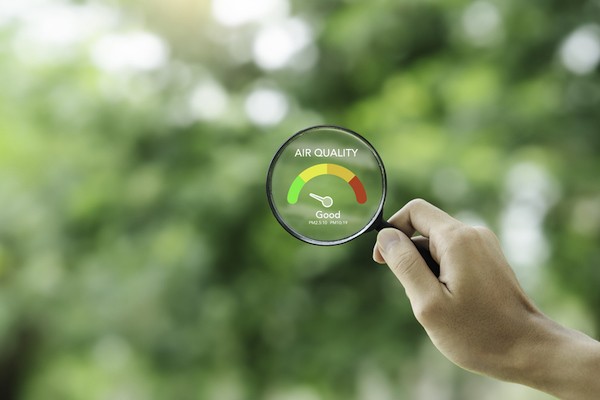
Title: The Importance of Indoor Air Quality in Your Home
As a homeowner, you’re likely aware of the importance of maintaining a clean and healthy living environment.
However, one aspect that is often overlooked is indoor air quality. The air we breathe indoors can have a significant impact on our health and well-being, making it essential to understand and address any issues that may arise.
What is Indoor Air Quality?
Indoor air quality (IAQ) refers to the quality of the air within and around buildings, especially as it relates to the health and comfort of occupants. Poor indoor air quality can have a range of negative effects on your health, including:
- Respiratory Issues: Pollutants such as dust, pet dander, mold spores, and pollen can exacerbate respiratory conditions such as asthma and allergies.
- Increased Risk of Illness: Poor indoor air quality can contribute to the spread of viruses and bacteria, increasing the likelihood of illnesses such as colds, flu, and other respiratory infections.
- Fatigue and Discomfort: Breathing in pollutants can lead to feelings of fatigue, discomfort, and decreased productivity.
Common Causes of Poor Indoor Air Quality
Several factors can contribute to poor indoor air quality, including:
- Inadequate Ventilation: Poor ventilation can lead to a buildup of indoor air pollutants, including carbon dioxide, volatile organic compounds (VOCs), and other harmful substances.
- Indoor Pollutants: Common indoor pollutants include dust, pet dander, pollen, mold, and mildew. These substances can trigger allergies and respiratory problems.
- Chemical Cleaners: Many household cleaning products contain chemicals that can release harmful fumes into the air, contributing to poor indoor air quality.

How to Improve Indoor Air Quality
Fortunately, there are several steps you can take to improve the indoor air quality in your home:
- Regular Cleaning: Regular cleaning can help remove dust, pet dander, and other pollutants from your home. Be sure to vacuum carpets and upholstery regularly, and dust surfaces with a damp cloth to prevent the spread of allergens.
- Proper Ventilation: Ensure that your home is properly ventilated to allow for the circulation of fresh air. Use exhaust fans in the kitchen and bathroom, and consider opening windows and doors when weather permits.
- Air Purification: Consider investing in an air purifier to help remove pollutants from the air. Air purifiers can help remove dust, pollen, pet dander, and other allergens, improving indoor air quality and reducing the risk of respiratory problems.
- Avoid Harsh Chemicals: Choose cleaning products that are free from harsh chemicals and VOCs. Look for products that are labeled as “green” or “eco-friendly” to minimize the impact on indoor air quality.
The Benefits of Improving Indoor Air Quality
Improving indoor air quality offers several benefits, including:
- Better Health: By reducing exposure to indoor air pollutants, you can reduce the risk of respiratory problems, allergies, and other health issues.
- Increased Comfort: Clean, fresh air can help create a more comfortable living environment, reducing feelings of fatigue and discomfort.
- Improved Productivity: Breathing clean air can help improve concentration, focus, and productivity, allowing you to get more done throughout the day.
In conclusion, indoor air quality plays a crucial role in the health and well-being of you and your family.
By taking steps to improve indoor air quality, such as regular cleaning, proper ventilation, and air purification, you can create a healthier, more comfortable living environment for everyone.


